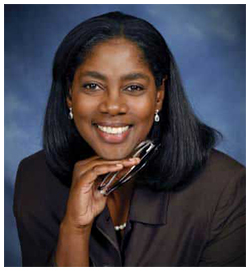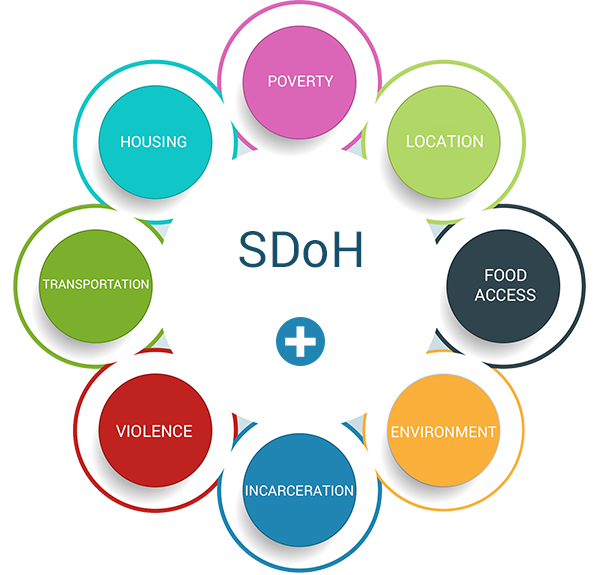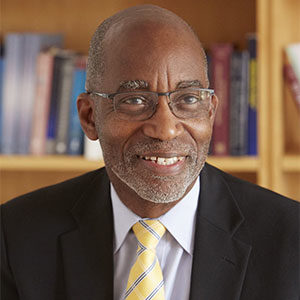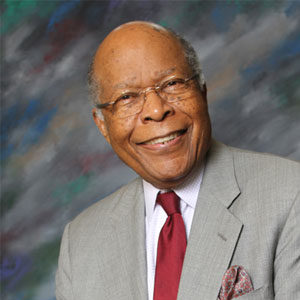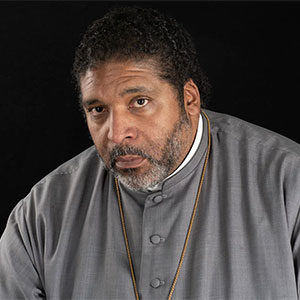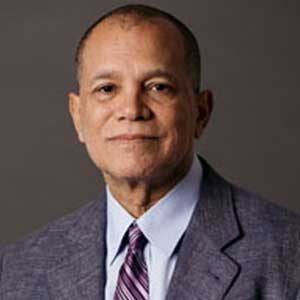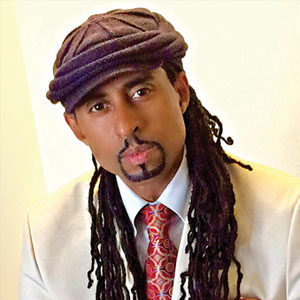OUR MISSION
To advance health equity by improving the health of African Americans and empowering them to live healthier lives — one video, one program at a time.
OUR VISION
To be the world’s most trusted content provider on Black health.
ABOUT OURHEALTH MEDIA NETWORK
Born out of a need to better serve people of color, OurHealth Media Network is a full-service video production company specializing in culturally relevant health and wellness videos for community outreach, broadcast television, streaming media and corporate communications. Our objective is to help our clients tell their stories in the best way possible, by producing high-quality, engaging narratives that resonate with diverse audiences.
FOUNDER
OurHealth Media Network was founded in 2004 by Lillian Preston, the visionary who felt called to address the broad health disparities in society using video and television. Since then, Preston has created, produced, and distributed numerous groundbreaking programs, earning recognition and grants from highly esteemed foundations and supporters for her efficacy in addressing specific needs in the Black community.
